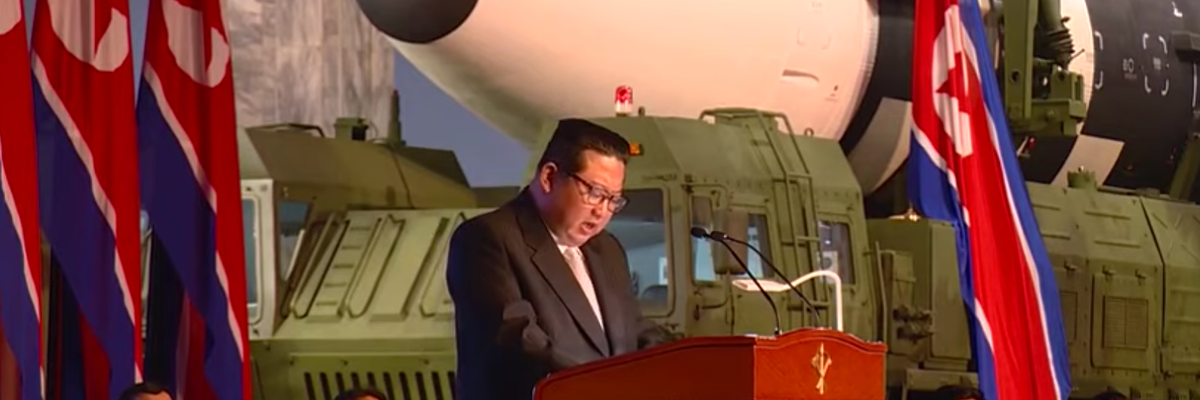North Korea’s missile launch over Japan on Tuesday, the latest in a series of provocative tests this year, may portend a worrisome escalation leading up to a nuclear test, which is reportedly being considered by Pyongyang.
Increasingly frequent and aggressive North Korean provocations since the breakdown of inter-Korean and U.S.-North Korean talks in 2019 are part of a clear historical trend — tensions on the peninsula tend to escalate significantly when the U.S. and South Korean approach is centered primarily on sanctions and military pressure with little (if any) diplomacy.
Many attempts by Washington and Seoul to punish and pressure Pyongyang have been met with fierce resistance and aggressive actions instead of a white flag. We saw this trend throughout the Obama administration and the beginning of the Trump administration, and the result was a more confrontational security landscape on the peninsula.
It stands to reason that avoiding further escalation and another nuclear crisis will require urgent U.S. diplomacy and engagement with North Korea and China. Instead, Washington and Seoul alike have ramped up military deterrence while resisting the types of conciliatory steps that could encourage North Korea to re-evaluate its aggressive posture and return to dialogue; they have also failed to initiate a new dialogue with Beijing regarding the slow-motion crisis.
Pyongyang’s behavior underscores the urgent need for Sino-U.S. cooperation in the face of a seemingly very possible escalation on the Korean peninsula, given Beijing's long-standing role in facilitating dialogue with North Korea. The deterioration of U.S.-China relations in recent years has increased suspicion between them regarding each other's strategic intent on the Korean peninsula, thus making regional cooperation on the North Korea front more difficult.
Washington and Seoul must reconsider their current North Korea policies, break the vicious escalation cycle and work to reduce tensions. It’s been said that trying the same thing over and over and expecting a different result is akin to madness; in the face of a looming crisis that threatens regional stability and the security of U.S. allies, it’s time for Washington to stop the madness and try diplomacy — not just more tough talk.
















